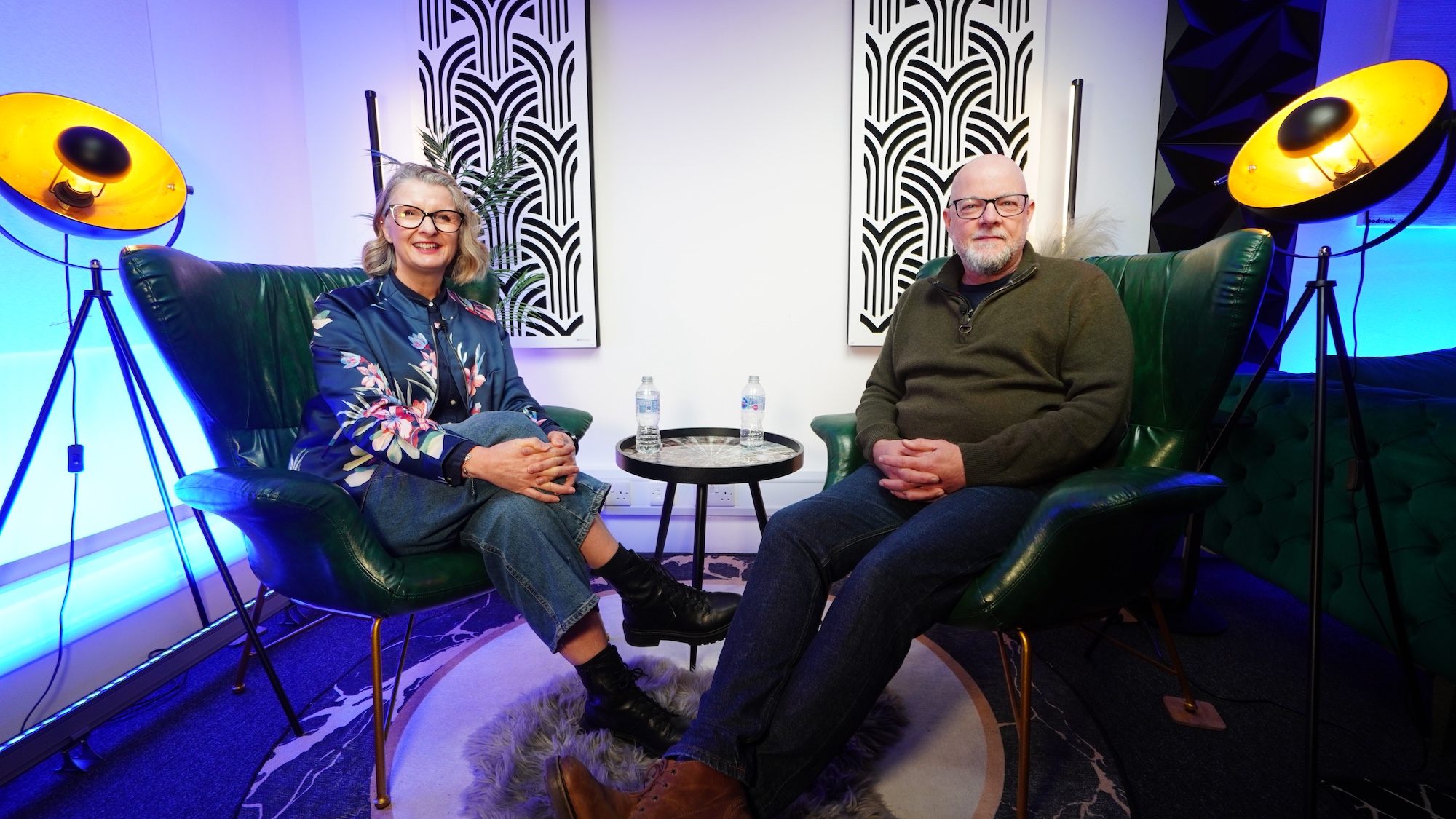
Climate Change and the New Office
by Ed Reid
Tuesday night and I finally have a few minutes alone with the keyboard. As I wrote last time, a great deal seems to happen in the 14 days between blog posts – and this time it’s been happening at TAB UK. Specifically at our new office in Leeds. I spent Monday morning moving things from our storage facility into the office and Tuesday saw the team going in for the first time.
I’m excited…
As virtually all of you know, we want to make the office a great place to be: a flexible working space where everyone has several options on where and how they work. As I’ve always said, if you want to think differently you need to be somewhere different. The desk where you do the cash flow isn’t where you need to be when you push the envelope to one side, step outside the box and gaze at the blue sky. (I’m sure someone said there was an award for most clichés in one sentence…)
But you get my drift. That’s why I’m excited. It’s going to be a different way of working: hand in hand with what people want from the office post-pandemic. Welcoming, flexible – and not governed by the old 9-to-5 diktat.
We’ve also done our very best to make the new office as energy-efficient as possible: to minimise the carbon footprint of TAB UK.
…And that’s what I want to talk about this week. It’s a subject I’ve avoided previously, but the switch to the new office seems a good moment for the blog to tackle climate change.
From conversations I’ve had, there’s a wide variety of opinion within the TAB UK membership. On a scale of zero (‘I’m a total sceptic and even if it does exist it’s China’s fault’) to 10 (‘Can’t talk to you now, Ed, I’m sitting in the middle of the M25’) I’d say most of our members are somewhere between four and eight.
Me? I’m a seven. Eight if I watch a particularly harrowing news bulletin.
But wherever you are on the scale, there’s a very simple fact: climate change is going to impact all our businesses.
The end of this month brings us the COP-26 conference in Glasgow: the UN Climate Change Conference. And yes, I had to look it up as well: ‘COP’ comes from ‘Conference of the Parties’ – the countries that signed the UN Convention on Climate Change in 1994.
What is undeniable is that right now the climate change agenda is being driven by government and big business – and a cynic might say, many of the big businesses who’ve been significant polluters in the past.
The voice of SMEs has barely been heard in the debate – despite the fact that we make up 99% of all UK businesses and account for 60% of the jobs in the private sector.
You might also argue that the benefits of moving their business to net-zero are, especially for smaller SMEs, negligible. We may well consider a company’s carbon footprint and ESG policy if we’re choosing a new bank or switching energy supplier. But if we want a plumber well, we’ve dealt with Chris for the last ten years and we’re going to carry on dealing with Chris.
…And if Chris gets a job 30 miles away, he’s not going to get there by public transport. He’ll go in his van – and ‘yeah, my business is getting over Covid now, thanks for asking. And I’ve started repaying the loans I had to take out to stay in business. Electric van? You’re joking right?’
So while the aims of our Prime Minister and the COP-26 delegates may be laudable – and I agree with them – you do wonder how many plumbers, electricians and small business owners generally have been involved in the discussions.
Former Governor of the Bank of England Mark Carney has described climate change as ‘Covid on steroids.’ There’s no doubt that its impact on SMEs is going to be profound and, in many cases, expensive. There are going to be some big challenges and some equally big mistakes made.
But – and it is very difficult to write these closing paragraphs without going back to my book of clichés – we only have one world. Climate does not recognise boundaries. Maybe it’s the fact that we’ve just delivered Dan to university. Not too many years and I’ll catch him looking at someone in the way I looked at Dav – and still do. Not too many years after that and maybe I’ll be standing on another touchline, watching a grandchild.
So I, we, all of us, have a responsibility. Yes, it’s going to be difficult and yes, like the economic recovery there’ll be some bumps in the road.
Earlier this year a series of winter storms crashed the power grid in Texas. In the UK we’ve seen the panic over petrol shortages, and some pundits are worrying about gas supplies this winter – given that the country only has the capacity to store three or four days of gas. It’s a simple fact that we will not be able to move seamlessly from dirty old carbon to clean renewables.
We’ll look at other parts of the world and think they’re not doing enough. With 44% of its industrial output recently hit by power shortages Beijing has apparently ordered Chinese provinces to secure power ‘at any cost.’ We’ll see more shortages this winter.
But none of that is an excuse, or a reason to turn our back on our obligations to future generations. To not take part in the debate. Or simply not to make a start.
…Which is what I hope we’ve done with the new office. I cannot wait to welcome you all to Marshall’s Mill…
Related articles

Kindness in Leadership: The Competitive Advantage Most Businesses Miss
Discover why kindness in leadership drives performance, trust and culture. TABcast insights on psychological safety, coaching and values-led growth.

How Strategic Alignment Workshops Drive Real Execution
Many strategy workshops create alignment in the room — but little action after. Learn how structured strategic alignment drives execution.

Why Accountability Breaks Down as Businesses Grow (And How to Fix It)
As businesses grow, accountability often slips. Learn why it happens and how leaders restore clarity, ownership, and execution.


